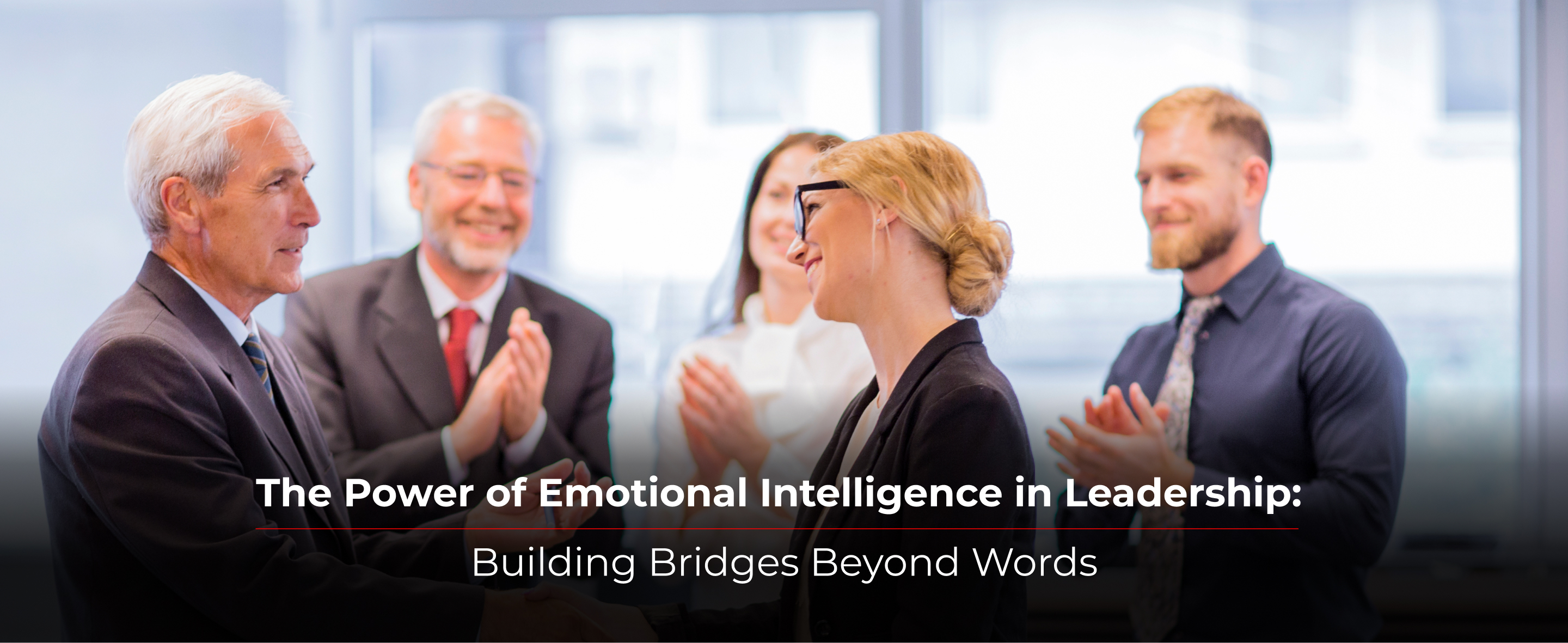
In the dynamic landscape of modern leadership, where strategies evolve and challenges emerge at an unprecedented pace, one enduring trait remains indispensable: emotional intelligence (EI). While technical skills and strategic acumen are vital, it’s the ability to navigate emotions, both one’s own and others, that truly distinguishes effective leaders from the rest. This article delves into the significance of emotional intelligence for leadership effectiveness, exploring its key components, benefits, and strategies for cultivation.
Understanding Emotional Intelligence:
Emotional intelligence encompasses a multifaceted skill set that enables individuals to recognize, understand, and manage emotions, both in themselves and in others. At its core, EI involves self-awareness, self-regulation, empathy, and social skills. Leaders high in EI possess a keen awareness of their own emotions and how they impact their behavior and decision-making. They also demonstrate empathy, effectively understanding and resonating with the emotions of those around them.
Benefits of Emotional Intelligence in Leadership:
- Enhanced Communication: Leaders with high EI communicate more effectively, fostering open dialogue and building trust within their teams.
- Conflict Resolution: Conflict is inevitable in any organizational setting, but leaders with strong EI can navigate conflicts constructively.
- Resilience: In the face of adversity and uncertainty, emotionally intelligent leaders demonstrate resilience.
- Employee Engagement and Motivation: Leaders who prioritize emotional intelligence cultivate environments where employees feel valued, understood, and motivated.
- Decision-Making: Emotions play a significant role in decision-making, and leaders with high EI are better equipped to make sound judgments.
Strategies for Cultivating Emotional Intelligence:
- Self-Reflection: Developing self-awareness is the foundation of emotional intelligence.
- Active Listening: Empathy is a cornerstone of emotional intelligence, and active listening is a powerful tool for cultivating it.
- Feedback and Development: Soliciting feedback from colleagues and team members can provide valuable insights into areas for growth.
- Emotional Regulation Techniques: Managing emotions effectively requires strategies for self-regulation.
- Empathy Building: Empathy can be cultivated through exposure to diverse perspectives and experiences.
Case Studies:
- Satya Nadella: CEO of Microsoft, is widely praised for his empathetic leadership style.
- Angela Ahrendts: Former Senior Vice President of Retail at Apple, leveraged emotional intelligence to transform Apple’s retail stores.
- Bill Gates: Co-founder of Microsoft, has emphasized the importance of empathy and emotional intelligence in his philanthropic endeavors.
Conclusion:
In an increasingly complex and interconnected world, emotional intelligence stands out as a critical competency for effective leadership. By cultivating self-awareness, empathy, and emotional regulation, leaders can build stronger relationships, foster collaboration, and inspire peak performance within their teams and organizations. As we navigate the challenges and opportunities of the future, let us recognize the transformative power of emotional intelligence in shaping a more resilient, inclusive, and impactful leadership paradigm.
View Jobs – https://www.shrofile.com/jobs.php
Let Shrofile Executive Search Find You Transformational Talent
Does your company need a dynamic and forward-thinking leader? Get in touch today and learn more about how we find and place transformational talent.
For more Updates
Website – www.shrofile.com
Facebook page – https://www.facebook.com/shrofile/
Twitter page – https://twitter.com/shrofile
Linkedin Page – https://www.linkedin.com/company/shrofile/
YouTube Page – https://www.youtube.com/channel/UChVfJqpTjx1dHJ2xq_dMtAw
Instagram Page – https://www.instagram.com/Shrofile/




